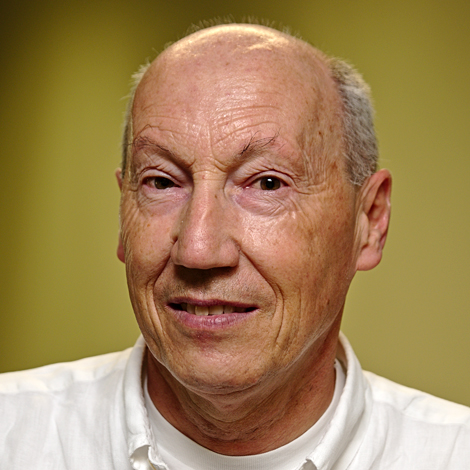17 June 2018
Robert Tijssen (professor at CREST and Leiden University), helped to provide scientometric data for a new perspective on Africa’s share of global research.
Africa’s share of global research is often put at between 2 and 3 per cent. But this is probably an overestimate, a pair of Dutch scientists argue.
Reports of Africa’s share being over 2 per cent do not take into consideration the proportion of African authors on a paper, they say. If this is done, Africa’s share is closer to 1 per cent.
There is widespread use of the higher estimate. For example, the United Nations Educational, Scientific and Cultural Organization’s research report counts any publication with at least one African author as ‘African’. It has Africa’s share of global research at 2.6 per cent in 2014.
But African research is characterised by higher rates of collaboration with researchers on other continents than is globally the norm. Robert Tijssen and Jos Winnink from Leiden University in the Netherlands corrected for this “collaboration effect” by doing a fractional count of Africa’s share in all author addresses.
Using the Web of Science database, which tracks over 18,000 academic journals, they mapped Africa’s share of publications over the last 10 years. First, they counted any papers with at least one Africa-domiciled author: the figure rose from 1.9 per cent in 2007 to 3.1 per cent in 2017, via 2.4 per cent in 2012.
When they counted only African authors’ proportional contribution, however, their share was 1 per cent in 2007, rising to 1.2 per cent in 2017, via 1.1 per cent in 2012. In other words, when fractions mattered Africa’s output didn’t double in the past decade but rose by just 20 per cent.
By contrast, in Asia—another region whose share of global research is growing—the variance between the integer (at least one author) and proportional count is smaller, indicating a lower rate of intercontinental collaboration overall.
The higher number is popular. Africa’s share of global research is given as 2 per cent in this 2017 op-ed arguing for an increase of science training in Africa, and in this 2018 article about Elsevier’s new Scientific African journal.
Unfortunately for Africa, Tijssen says the proportional count is “probably more appropriate” as a measure of the continent’s contribution to world science. He adds, however, that a 20 per cent increase is “still a positive sign”. “African science was definitely on the way up during the last decade,” he says. “There are high hopes that this growth trajectory will continue over the next 10 years.”
Read the article on *Research.


